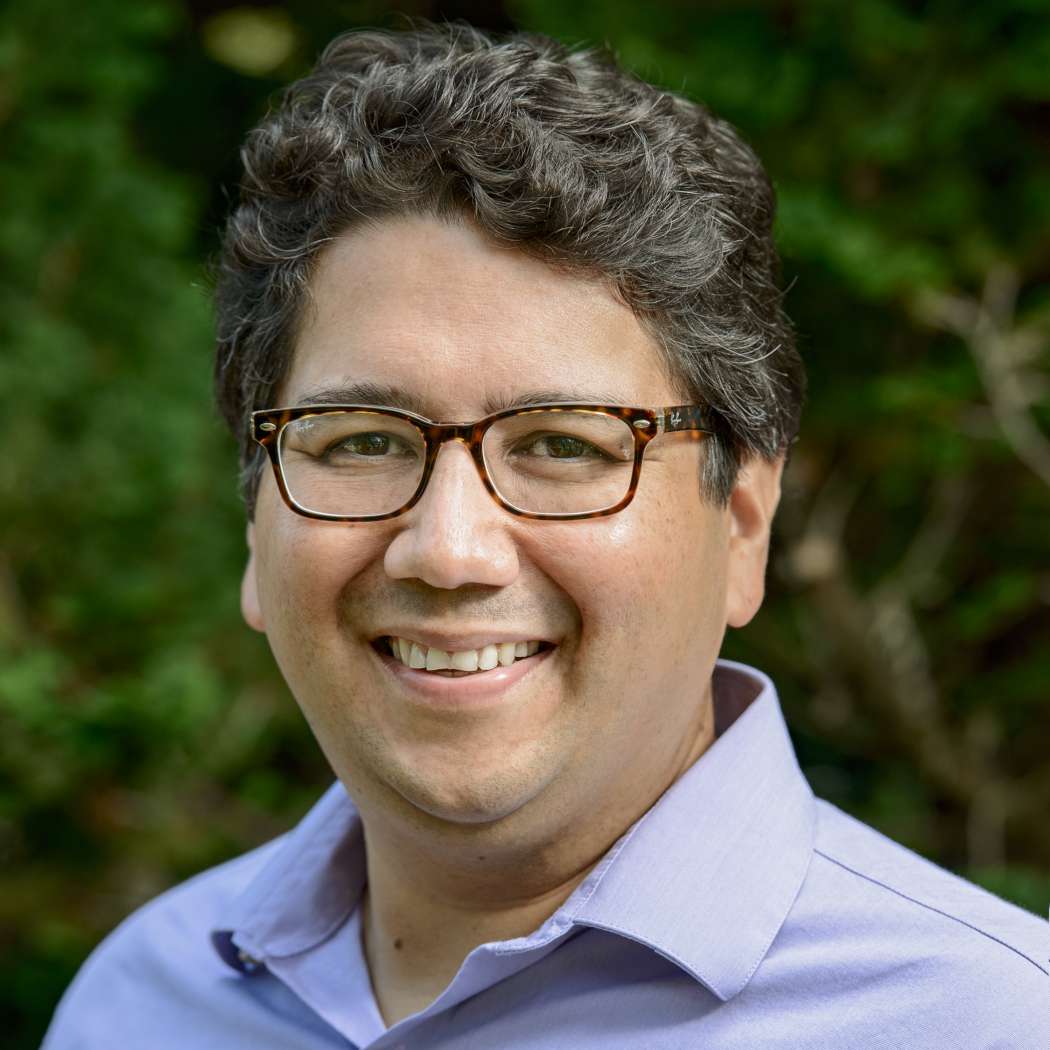Blog Post
Michigan Voters Oppose Partisan Gerrymandering, Despite SCOTUS Ruling
Related Issues
Re: The Detroit News’ Oct. 27 guest opinion: Engaging in politics doesn’t violate the Constitution. Conservative strategist Hans von Spakovsky offered the most robust defense of special interests and entrenched political power you may ever see in the Detroit News when he applauded the U.S. Supreme Court’s decisions to greenlight the partisan manipulation of voting districts.
The Court got it wrong — last week in Chatfield v. League of Women Voters and in June with Rucho v. Common Cause — when it prohibited federal courts from policing partisan gerrymandering despite the tactic’s unmistakable threat to fundamental democratic rights.
Fortunately, Michigan voters are not waiting around for the high court to accept responsibility for protecting our right to free and fair elections.
Last year, Michigan voters overwhelmingly approved the “Voters Not Politicians” ballot measure that stripped politicians of the ability to draw their own districts and protect their own seats. The measure amended the state constitution to give 13 regular voters the power to draw electoral districts for state Senate, state House of Representatives and U.S. Congress. The commission is comprised of four Democrats, four Republicans and five unaffiliated voters and its charge is to draw districts that reflect community interests – not a person’s political affiliation or voting history.
The Supreme Court decisions do nothing to undermine this grassroots reform. In fact, the only silver lining in the Rucho decision was the Court’s explicit citation of state-level redistricting reforms as an alternative to federal lawsuits. If the high court believes gerrymandering is a political question beyond its reach, it’s up to voters – state by state – to take the matter of ending gerrymandering into their own hands. If not, politicians will continue to partner with party operatives like von Spakovsky to silence their political opponents and steal votes.
